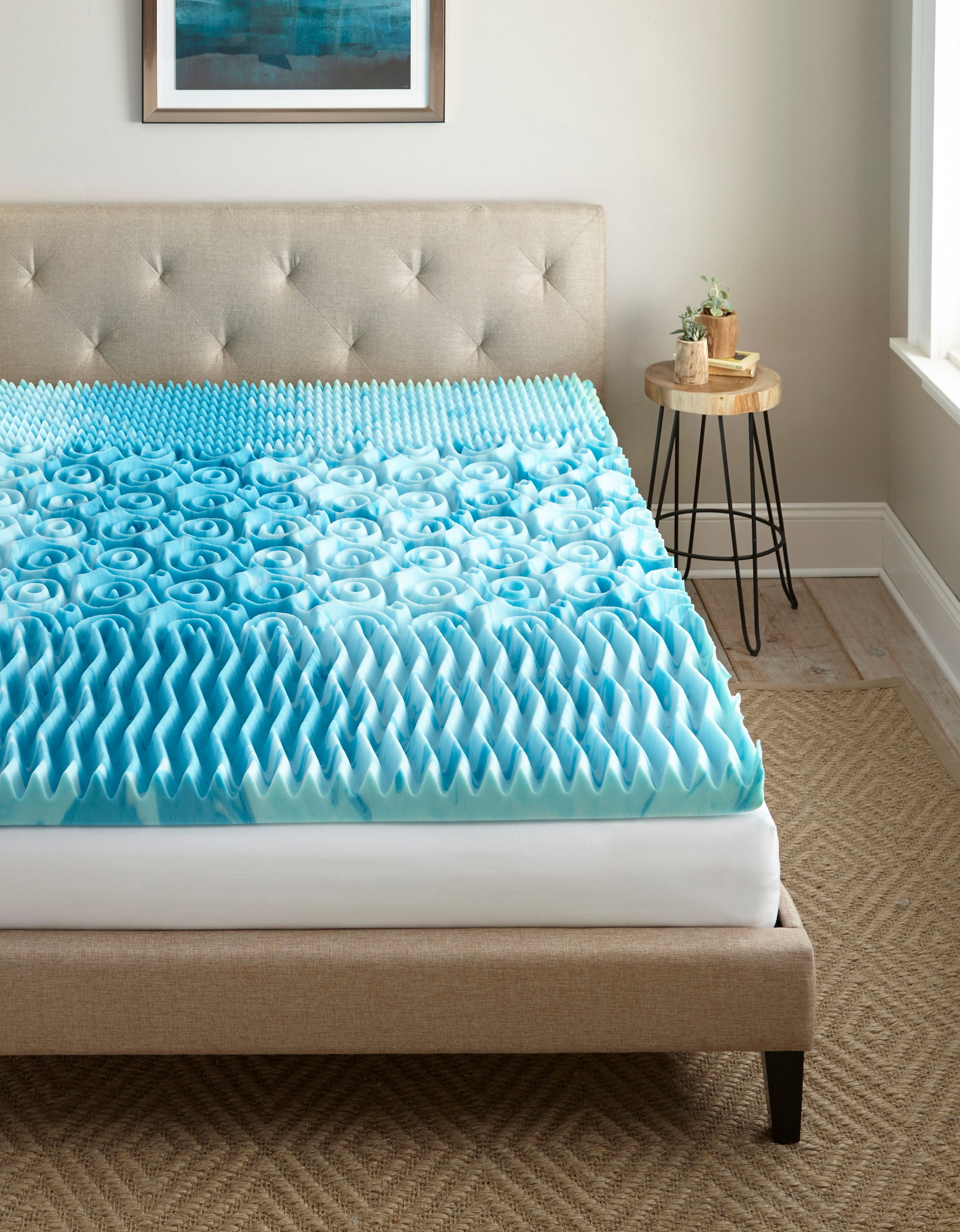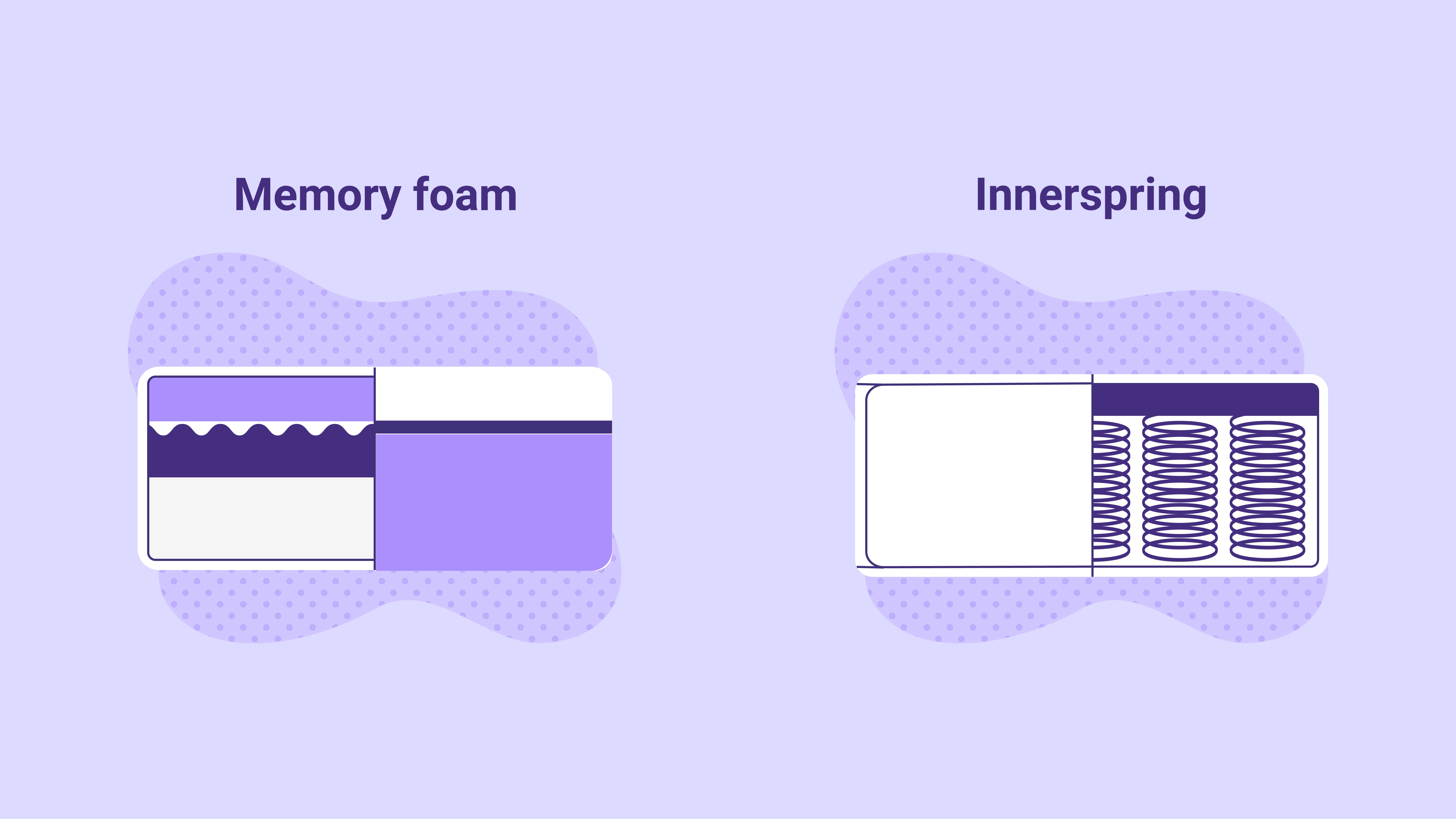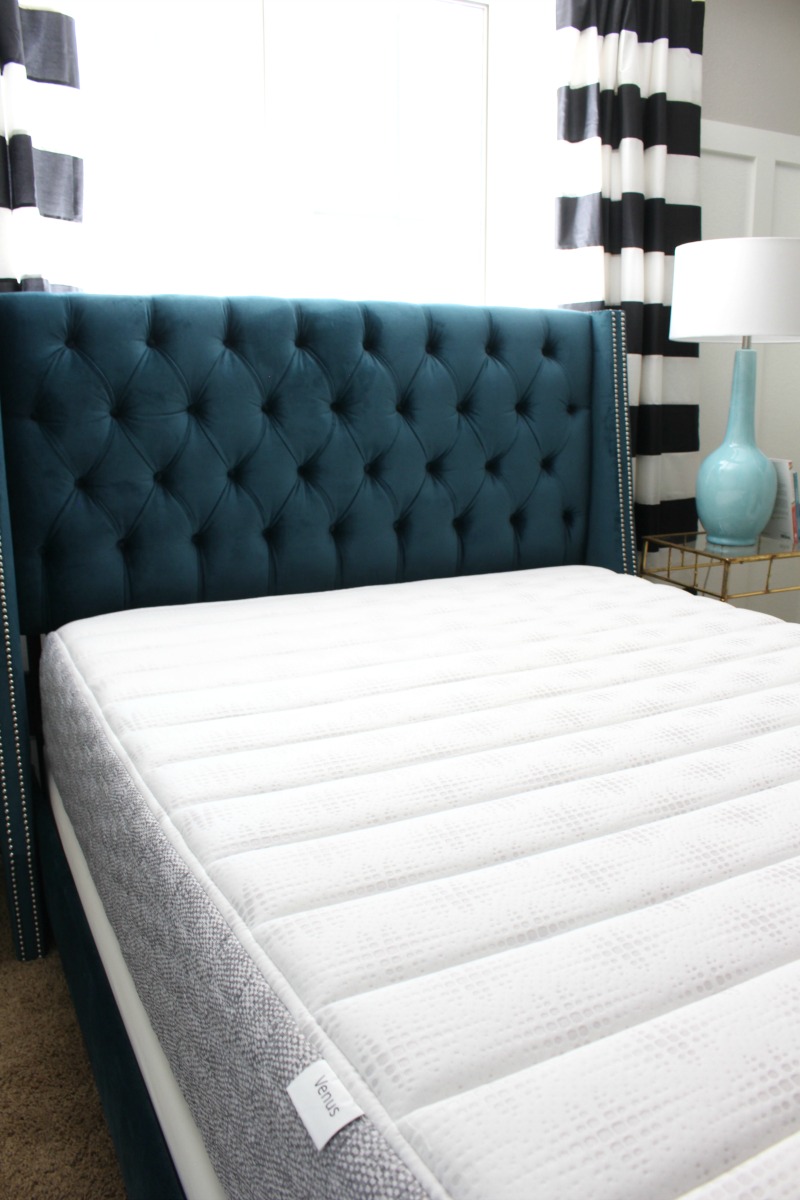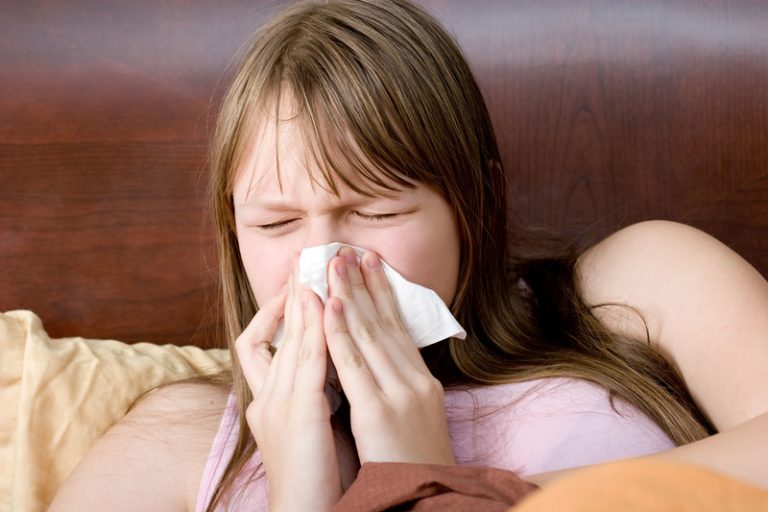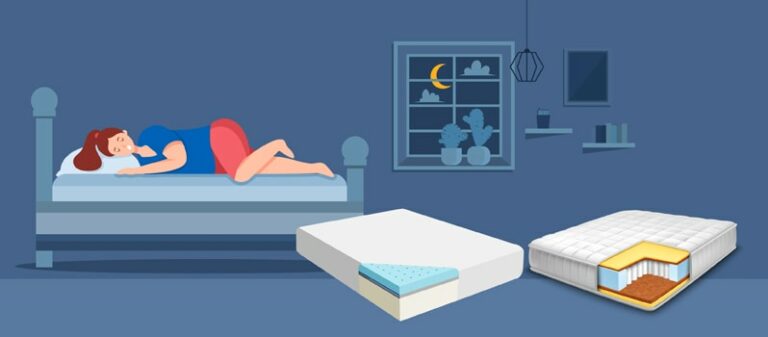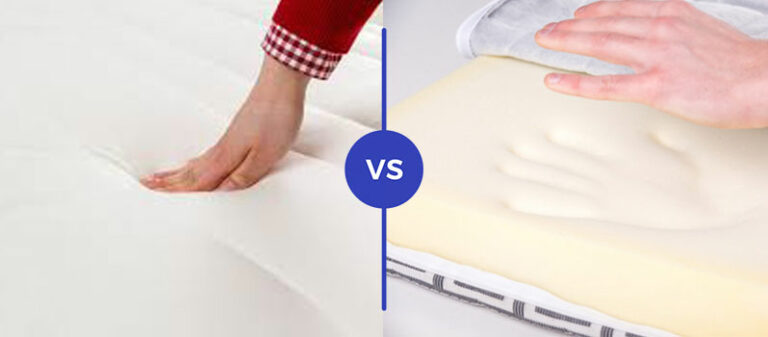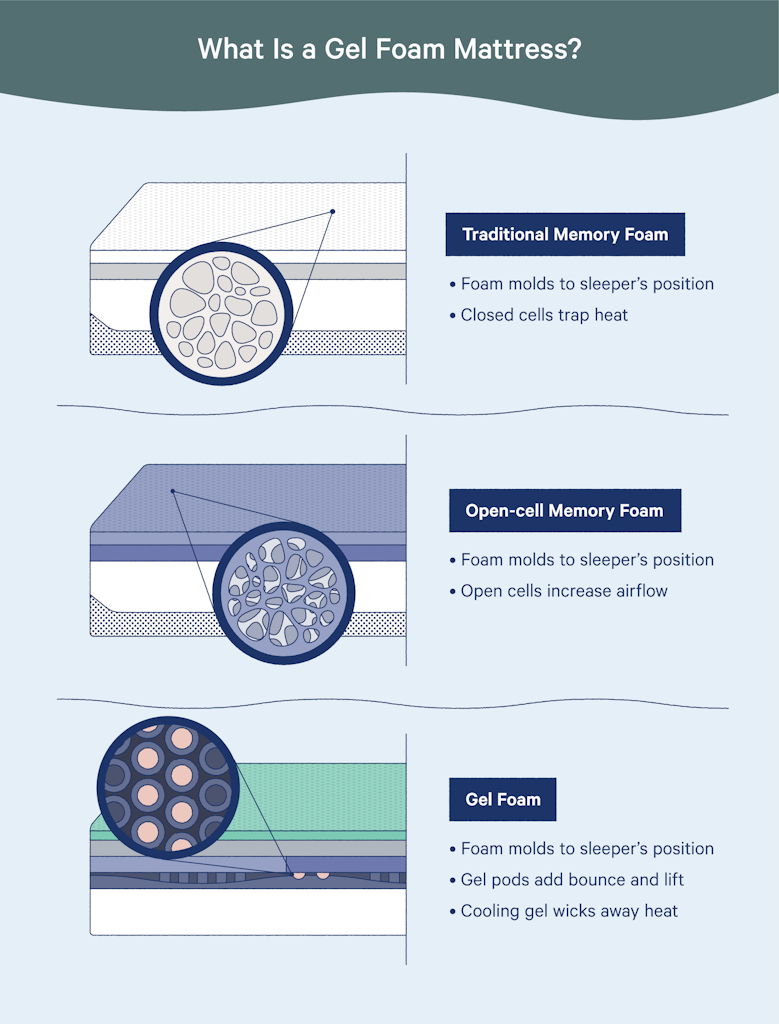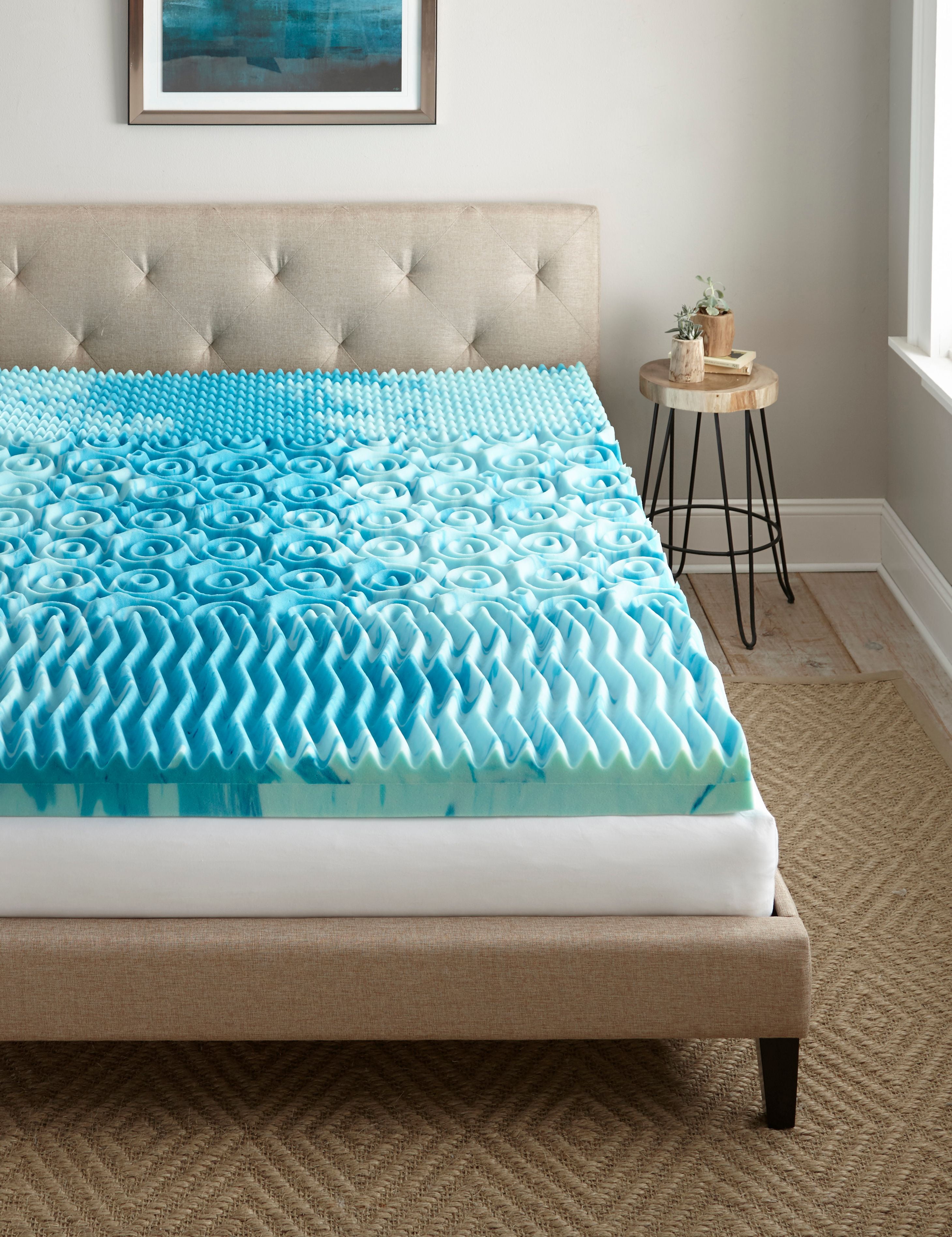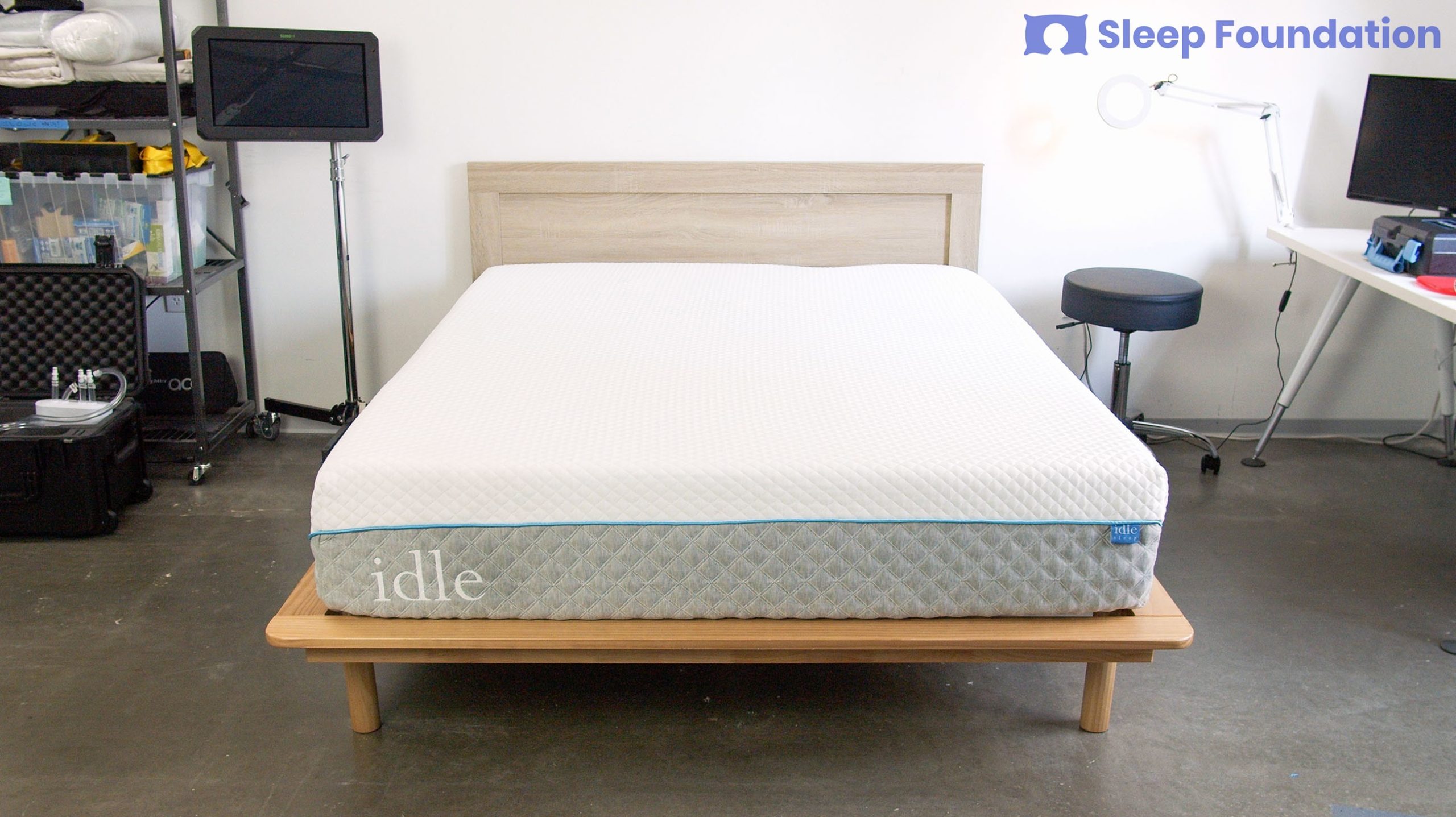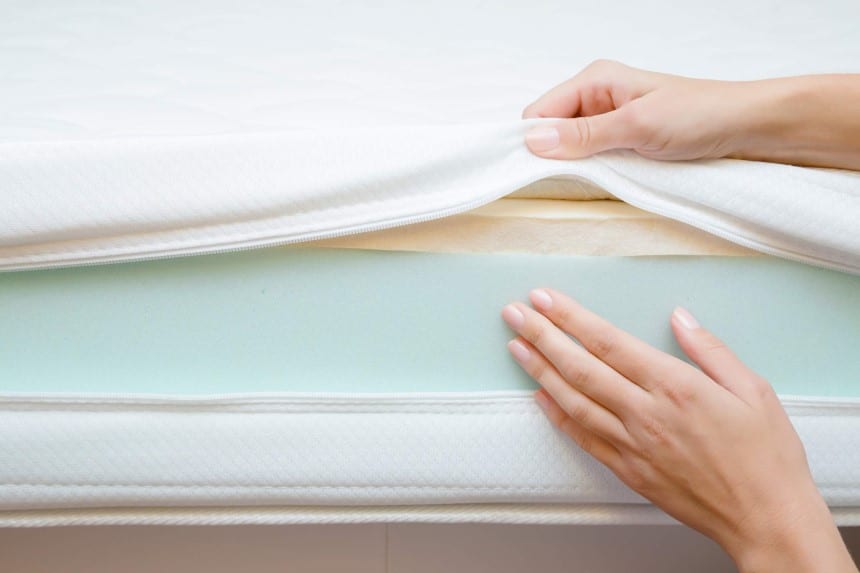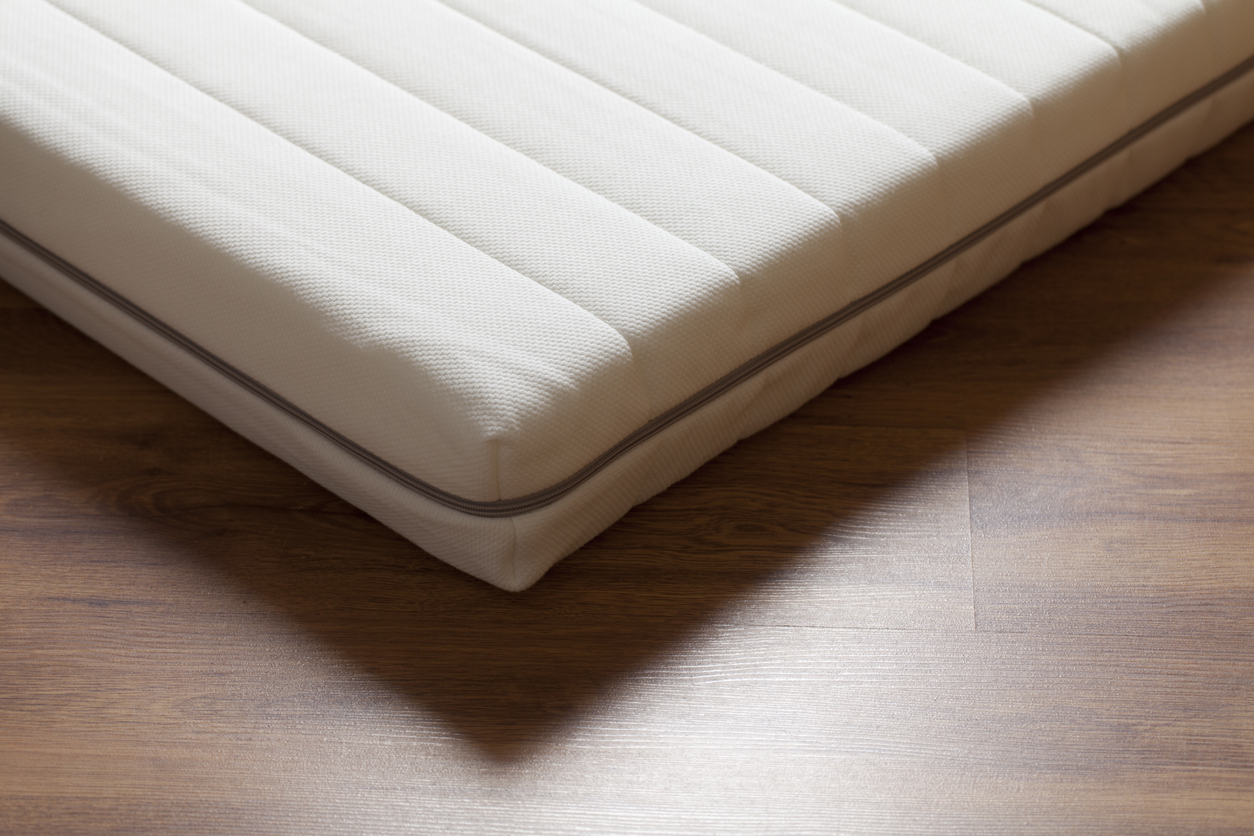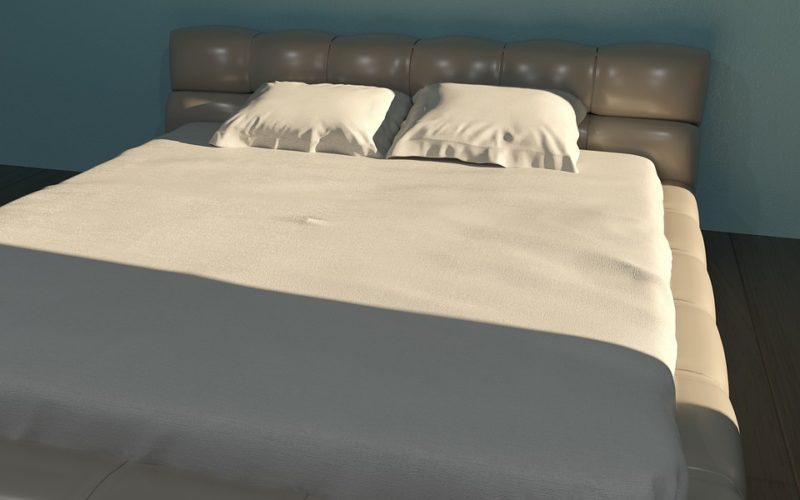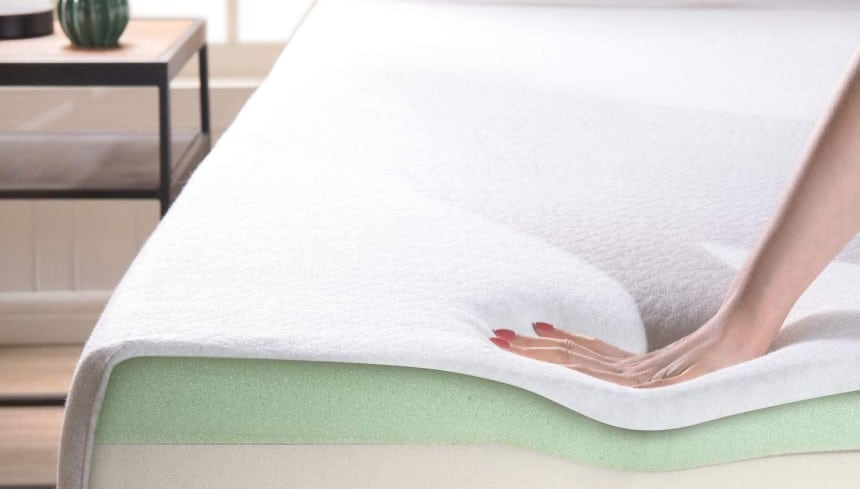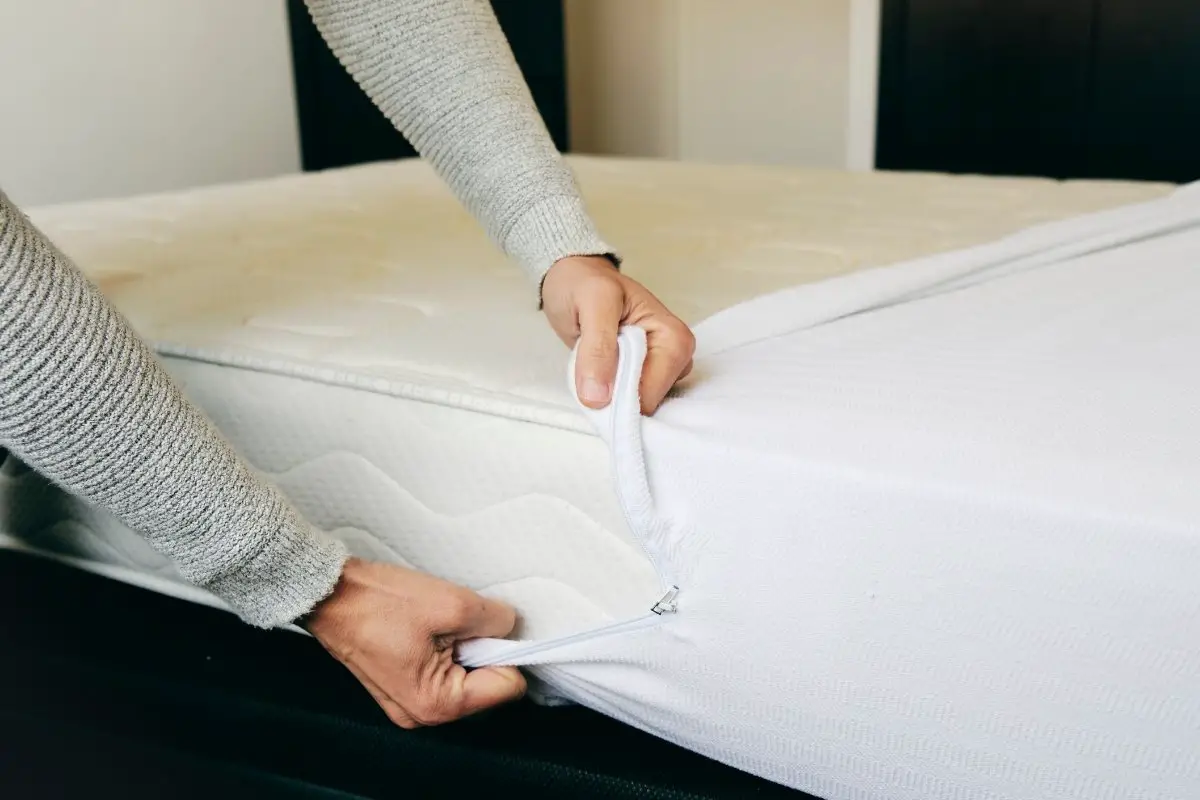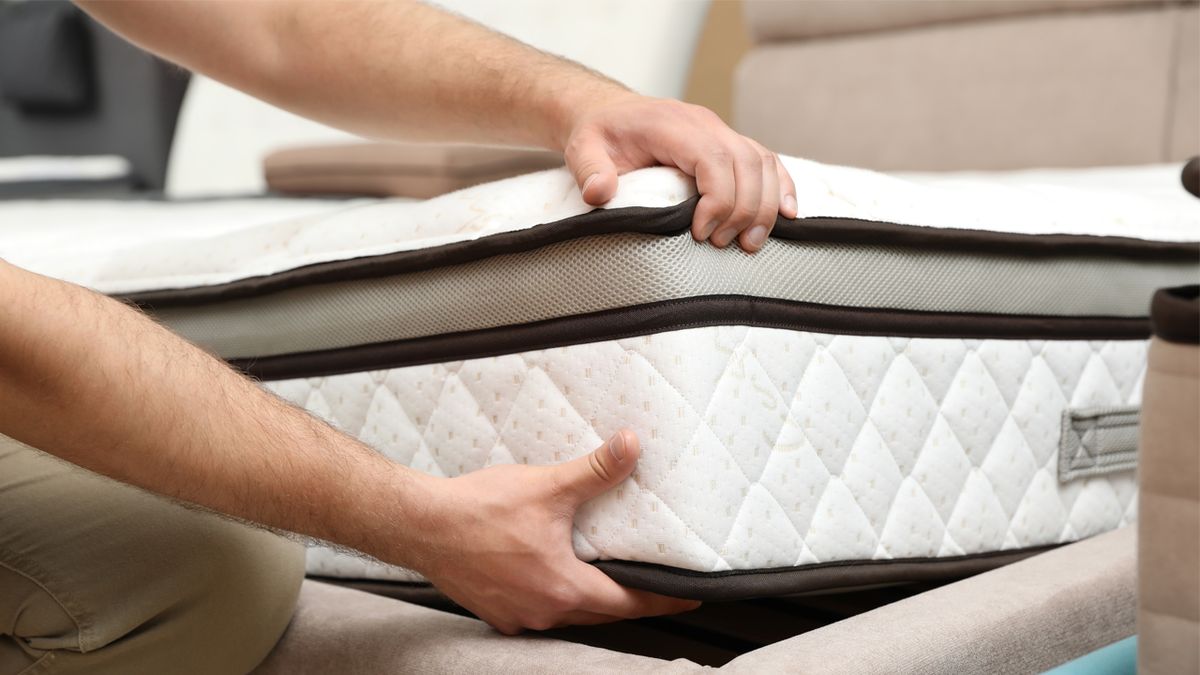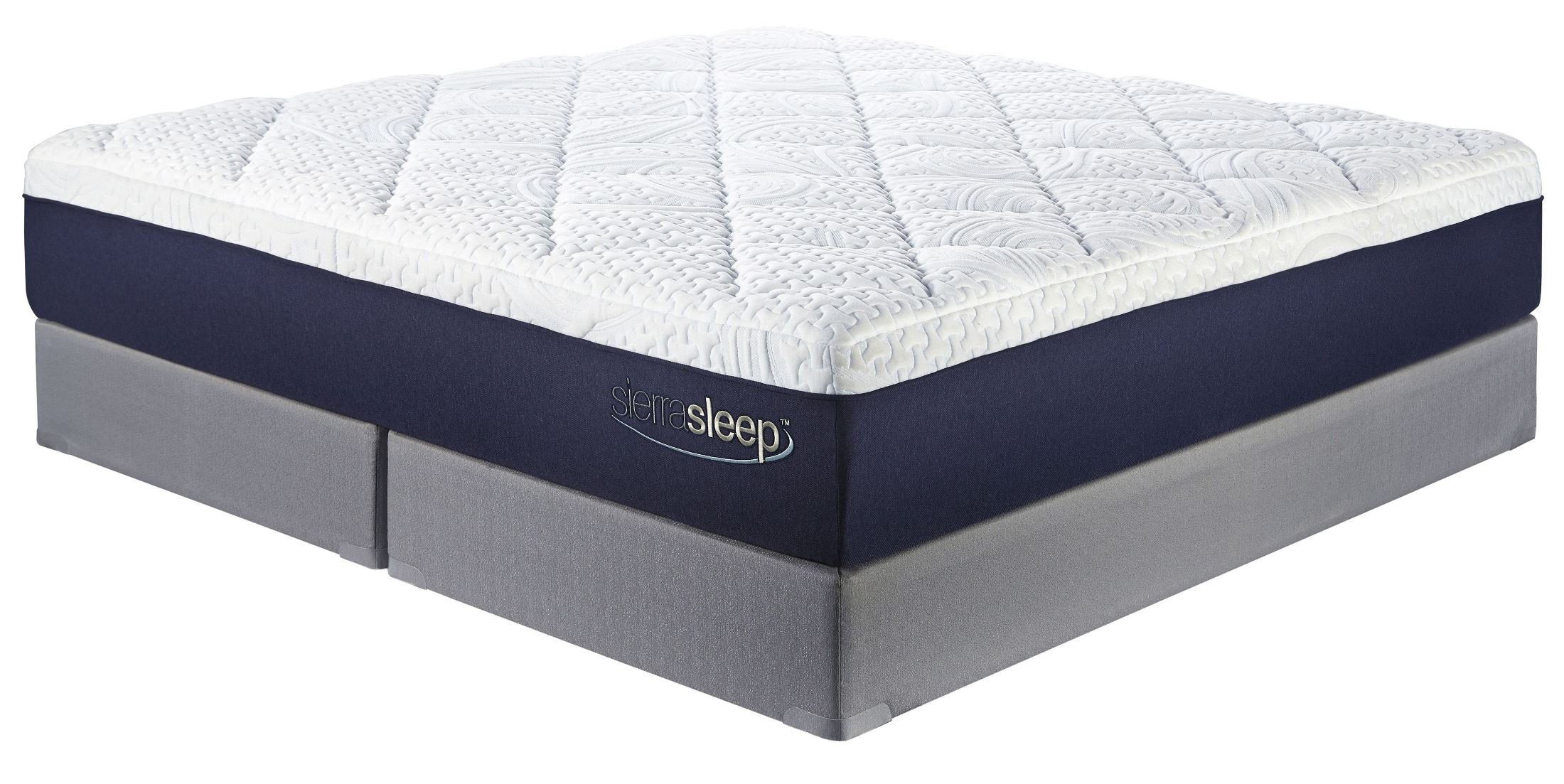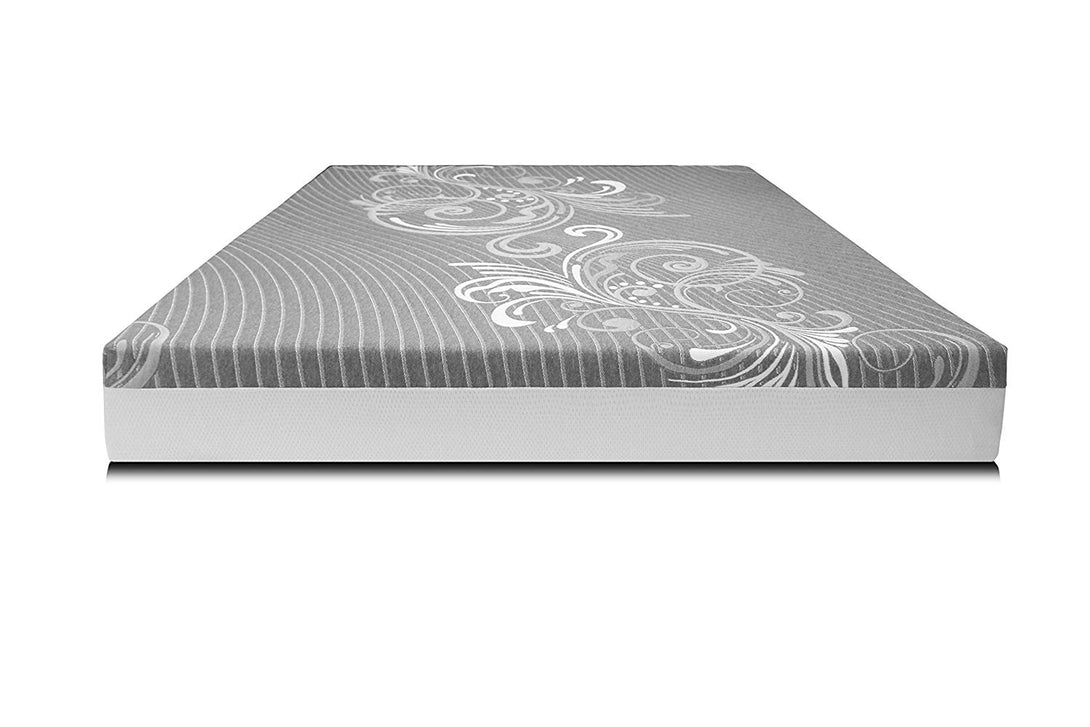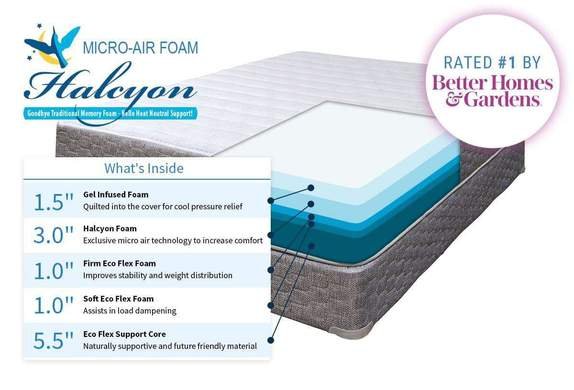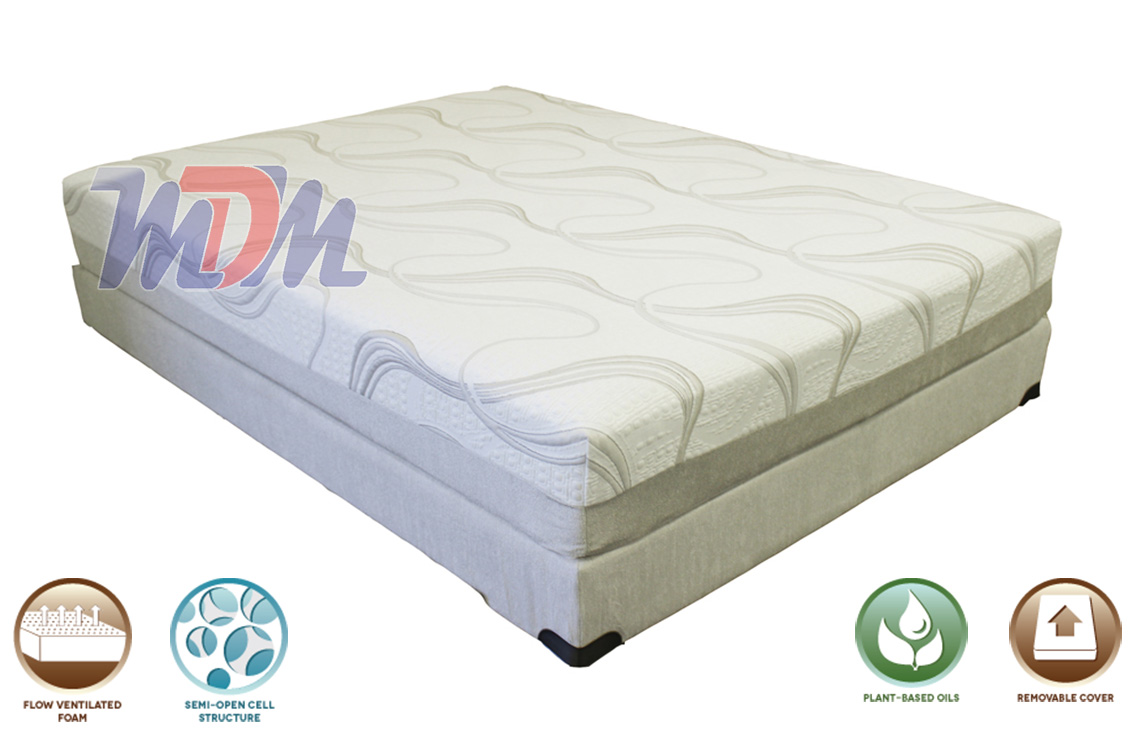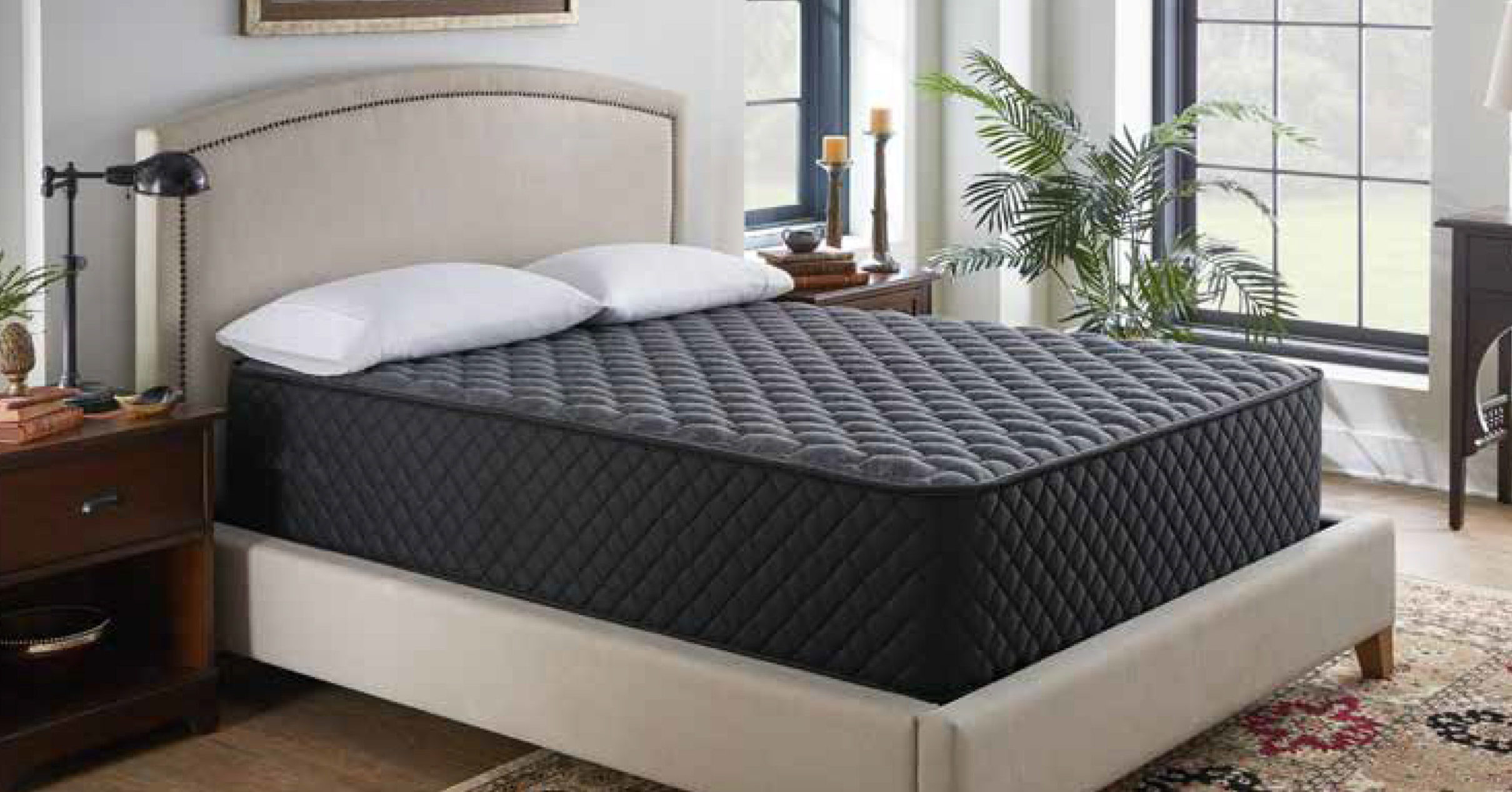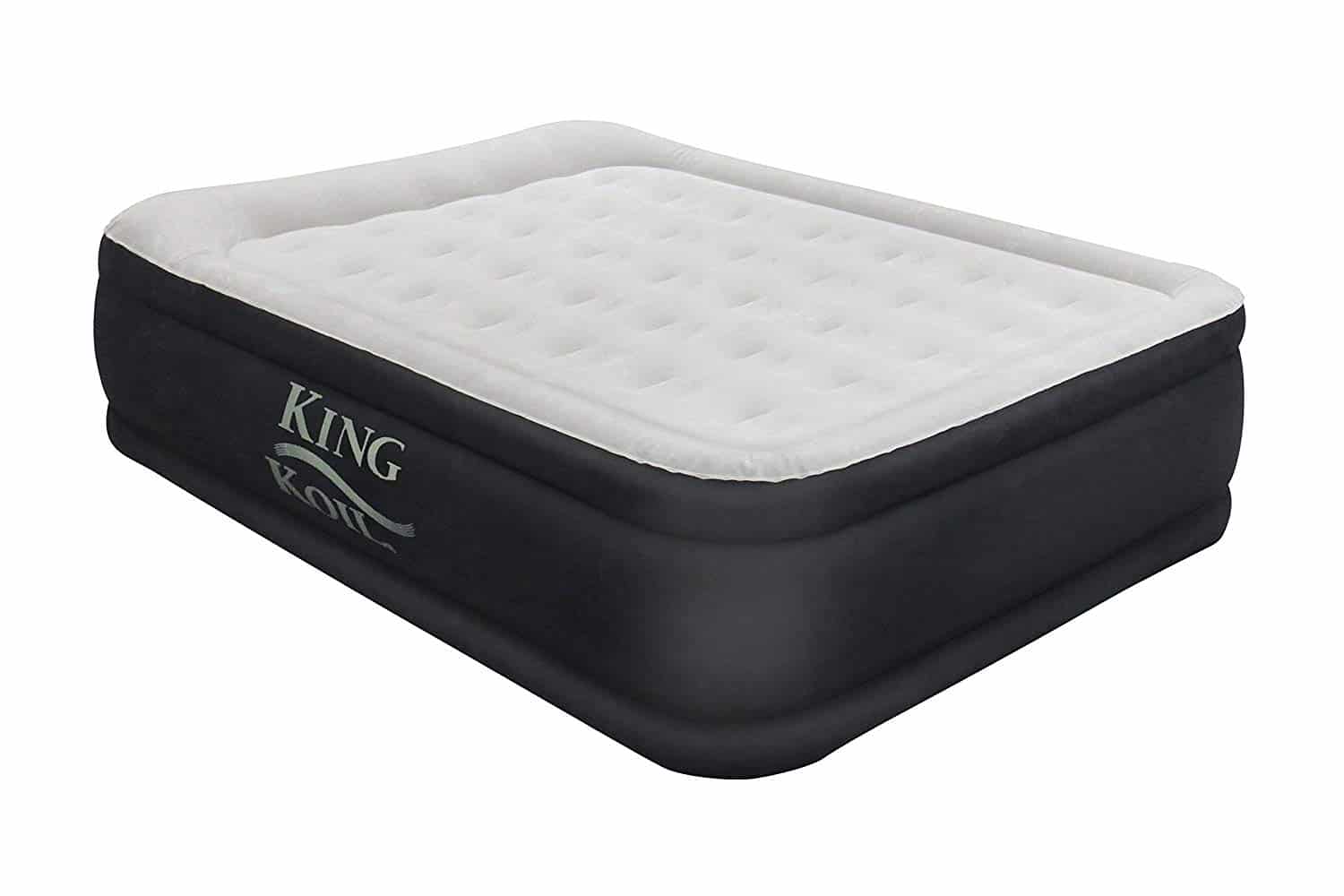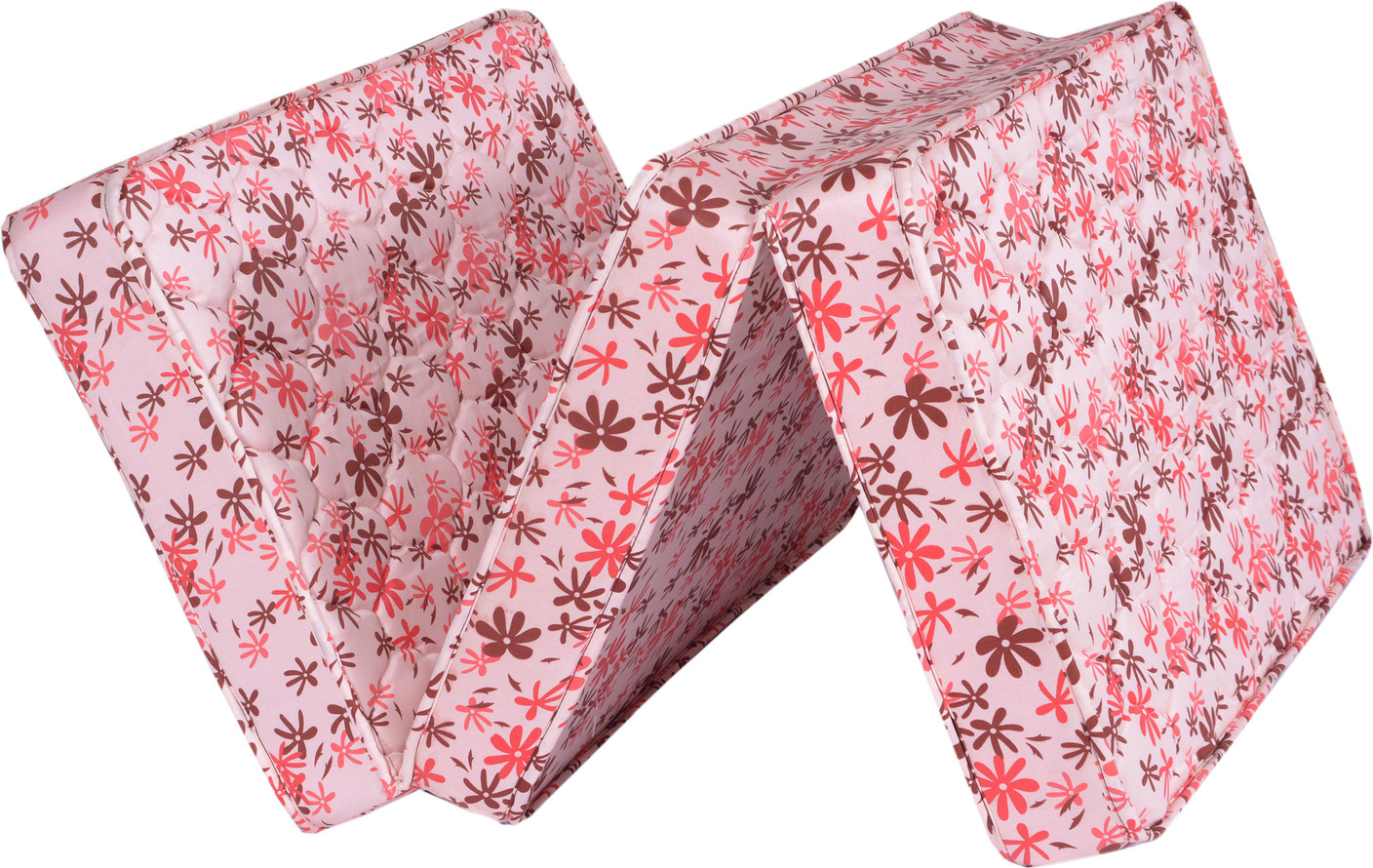When it comes to our health, we tend to prioritize things like diet and exercise. But what about the mattress we sleep on every night? Most of us spend about a third of our lives in bed, making it crucial to choose a mattress that not only provides comfort but also supports our health. Gel foam mattresses have become a popular choice in recent years due to their ability to relieve pressure and provide a cool sleeping surface. However, there are some potential health issues associated with gel foam mattresses that you should be aware of before making a purchase.Gel Foam Mattress Health Issues
If you suffer from allergies, your mattress could be to blame. Gel foam mattresses are made with synthetic materials, which can attract dust mites and other allergens. These microscopic creatures feed on dead skin cells and can trigger allergies and asthma symptoms. Even if you regularly clean your bedding, these allergens can still accumulate in the layers of your mattress, causing discomfort and disrupting your sleep.Gel Foam Mattress Allergies
The materials used to make gel foam mattresses, such as polyurethane foam and synthetic latex, may contain harmful chemicals. These chemicals, known as volatile organic compounds (VOCs), can emit toxic fumes that can be harmful to your health. Prolonged exposure to these fumes can cause headaches, dizziness, and even respiratory problems. It's important to carefully research the materials used in your gel foam mattress to ensure they are free from harmful toxins.Gel Foam Mattress Toxicity
Aside from VOCs, gel foam mattresses may also contain other chemicals that can be concerning for your health. For example, some manufacturers use flame retardants to comply with safety regulations. However, these chemicals have been linked to health issues such as cancer, hormone disruption, and reproductive problems. Additionally, gel foam mattresses may also contain formaldehyde, a known carcinogen, as a bonding agent or preservative.Gel Foam Mattress Chemicals
When you first unbox a gel foam mattress, you may notice a strong odor. This is known as off-gassing, which occurs when VOCs and other chemicals are released into the air. While the smell may dissipate over time, it's important to note that these chemicals can still be present in your mattress and may continue to off-gas over time. This can lead to ongoing exposure to potentially harmful fumes.Gel Foam Mattress Off-Gassing
As mentioned earlier, the chemicals and fumes emitted from gel foam mattresses can lead to respiratory problems. If you already have respiratory issues, such as asthma or allergies, sleeping on a gel foam mattress may exacerbate your symptoms. This is especially true for children, whose developing respiratory systems may be more sensitive to these chemicals.Gel Foam Mattress Respiratory Problems
If you have sensitive skin, a gel foam mattress may cause irritation. The synthetic materials used in gel foam mattresses can rub against your skin and cause rashes or redness. Additionally, the chemicals used in the manufacturing process may also cause skin irritation for some individuals. If you notice any skin issues after sleeping on a gel foam mattress, it's important to consider switching to a different type of mattress.Gel Foam Mattress Skin Irritation
As mentioned earlier, the chemicals in gel foam mattresses can trigger asthma symptoms. However, even if you don't have asthma, sleeping on a gel foam mattress may increase your risk of developing the condition. This is because the chemicals in the mattress can irritate your airways and make them more sensitive to triggers. Furthermore, the accumulation of allergens in the mattress can also contribute to the development of asthma.Gel Foam Mattress Asthma
If you frequently wake up with headaches or migraines, your mattress could be the culprit. The off-gassing of chemicals from your gel foam mattress can lead to headaches and even migraines. This is due to the exposure to VOCs, which can irritate the central nervous system and cause neurological symptoms.Gel Foam Mattress Headaches
Lastly, the potential health issues associated with gel foam mattresses can lead to sleep disruption. Whether it's due to allergies, respiratory problems, or headaches, any discomfort or pain can make it difficult to fall and stay asleep. This can significantly impact your overall health and well-being, as quality sleep is vital for our physical and mental health.Gel Foam Mattress Sleep Disruption
Gel Foam Mattresses: The Pros and Cons for Your Health

When it comes to getting a good night's sleep, having a comfortable and supportive mattress is crucial. With the rise in popularity of gel foam mattresses, many people are wondering about the potential health issues associated with this type of mattress. While gel foam mattresses offer a number of benefits, it's important to consider both the pros and cons for your overall health before making a purchase.
The Pros:

1. Pressure Relief: One of the main advantages of a gel foam mattress is its ability to provide pressure relief. The gel-infused foam conforms to your body, distributing your weight evenly and reducing pressure points. This can be especially beneficial for those who suffer from chronic pain or have trouble sleeping due to discomfort.
2. Cooling Properties: Gel foam mattresses are known for their cooling properties. The gel layer absorbs and dissipates body heat, keeping you cool and comfortable throughout the night. This can be particularly beneficial for those who tend to sleep hot or live in warmer climates.
3. Motion Isolation: Another benefit of gel foam mattresses is their ability to isolate motion. This means that if you share a bed with a partner, their movements are less likely to disturb your sleep. This can be especially helpful for light sleepers or those with different schedules.
The Cons:

1. Chemical Off-Gassing: Some gel foam mattresses may emit a strong chemical smell, also known as off-gassing, when first unpacked. This can be a potential health concern for those who are sensitive to strong odors or have respiratory issues. It's important to research the materials used in the mattress and choose a reputable brand to avoid this issue.
2. Lack of Support: While gel foam mattresses offer pressure relief, they may not provide enough support for certain individuals. This can be a concern for those who require a firmer mattress for proper spinal alignment. It's important to test out different levels of firmness and find the right balance for your specific needs.
3. Durability: Gel foam mattresses may not last as long as traditional mattresses. The gel layer can break down over time, causing the mattress to lose its supportive properties. This can be a concern for those who are looking for a long-term investment in their sleep health.
Ultimately, the decision on whether a gel foam mattress is right for your health will depend on your individual needs and preferences. It's important to research and test out different options to find the right mattress for your body. Whether you choose a gel foam mattress or a traditional one, investing in a quality mattress is crucial for a good night's sleep and overall health.
